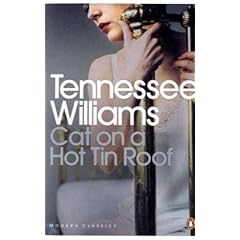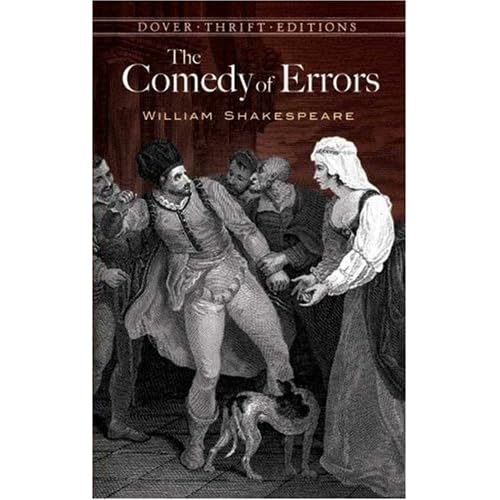 --The blurb--
--The blurb--"‘Big Daddy’ Pollitt, the richest cotton planter in the Mississippi Delta, is about to celebrate his sixty-fifth birthday. His two sons have returned home for the occasion: Gooper, his wife and children, Brick, an ageing football hero who has turned to drink, and his feisty wife Maggie. As the hot summer evening unfolds, the veneer of happy family life and Southern gentility gradually slips away as unpleasant truths emerge and greed, lies, jealousy and suppressed sexuality threaten to reach boiling point. Made into a film starring Elizabeth Taylor and Paul Newman, Cat on a Hot Tin Roof is a masterly portrayal of family tensions and individuals trapped in prisons of their own making."
--The review--
In Tennessee Williams' The Glass Menagerie, the focus is on Laura, a main character with physical illness, a sensitive nature, and a fascination with small glass models. There are outcasts in Cat on a Hot Tin Roof too, but they are not the epicentre; it is equally complex, though differently, and equally haunting, though differently also.
It is not the outcasts themselves (chiefly Brick's wife Maggie and Big Daddy's wife) who form the centre of the drama, but rather the drama that is created by their interactions with other characters. Williams is a master of atmosphere and of the creation of larger-than-life characters; even weeks after reading, their personalities, right down to their accents, body language and tones of voice, stay inside the reader's head. The play is occasionally romantic and occasionally tragic, but it is laden most of all with histrionics, melodrama, and intensity, and it is this that engenders the play's complexity, as well as its lingering after-taste in the reader's mind, particularly due to the great humanity of the relationships that are depicted.
Interestingly, in some editions, two separate endings are provided for readers' perusal. One, of course, is the original ending written by Williams; the other is an ending that was co-written by a theatre director, Elia Kazan, for the play's 1955 première in New York. Without revealing too much, Williams' ending seems preferable: less predictable and obvious, more subversive, and with a stronger closing statement. The director's ending also unfortunately makes use of the most infuriating aspect of Williams' play: the repetition of the play's title throughout the dialogue, which removes any opportunity for the reader to work out the connection for themselves, as well as just sounding corny. It is a great shame, because as demonstrated in The Glass Menagerie, Williams is also a master of metaphor, and what he realises in The Glass Menagerie that he apparently does not in Cat on a Hot Tin Roof is that his audiences are intelligent enough to work these metaphors out for themselves.
Other works by Tennessee Williams
The Glass Menagerie (1944)
A Streetcar Named Desire (1947)
The Rose Tattoo (1951)
Camino Real (1953)
Suddenly, Last Summer (1958)
Sweet Bird of Youth (1959)
The Night of the Iguana (1961)
Something Cloudy, Something Clear (1962)
A House Not Meant To Stand (1982)





